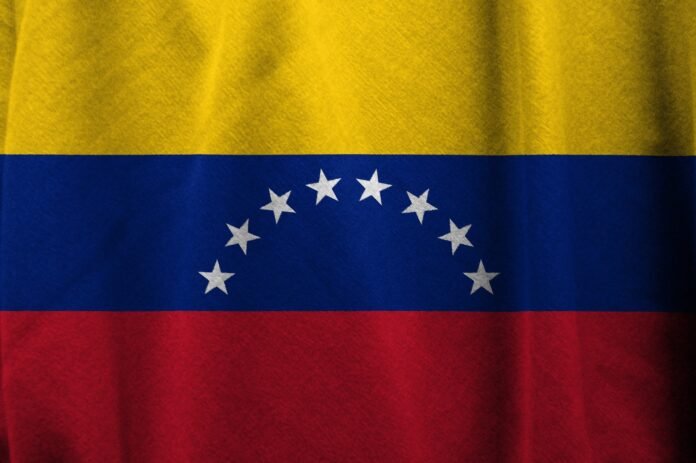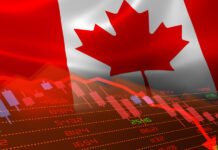A Historical Context of Electoral Turmoil
The political landscape in Venezuela has been marred by instability, conflict, and controversy, particularly surrounding its elections. The chaos has not only impacted the nation’s governance but also reverberated through its economy and society, causing widespread concern both domestically and internationally. Venezuela’s election woes are deeply rooted in its recent history. Since the rise of Hugo Chávez in 1999 and the subsequent leadership of Nicolás Maduro, the country’s political scene has been characterized by a struggle for power between the ruling party and opposition forces. The contentious 2018 presidential election, which saw Maduro claim victory amidst allegations of voter fraud and suppression, set the stage for the current chaos. The international community, including the United States and European Union, largely rejected the election results, further isolating Maduro’s government.
The Role of the National Electoral Council
The National Electoral Council (CNE) plays a crucial role in Venezuela’s elections. However, its impartiality has been repeatedly questioned. Critics argue that the CNE is heavily influenced by Maduro’s administration, compromising the fairness of the electoral process. The appointment of new CNE members in 2021, seen by many as politically motivated, has only intensified these concerns. Transparency in the electoral process remains a significant issue, with opposition leaders and international observers calling for comprehensive reforms.
Opposition Movements and Their Struggles
Opposition movements in Venezuela have faced immense challenges. Leaders like Juan Guaidó, who declared himself interim president in 2019, have garnered substantial international support but struggled to consolidate power domestically. Government crackdowns on dissent, including arrests of opposition figures and restrictions on media freedom, have stifled efforts to mobilize support. Despite these obstacles, opposition groups continue to push for democratic reforms and fair elections, though their path forward remains fraught with difficulty.
International Reactions and Sanctions
The international community’s response to Venezuela’s election chaos has been swift and significant. The United States, along with several Latin American and European countries, has imposed sanctions aimed at pressuring Maduro’s government to hold free and fair elections. These sanctions target key sectors of the Venezuelan economy, including oil, which is the country’s primary revenue source. While intended to weaken Maduro’s grip on power, these measures have also exacerbated the economic crisis, affecting ordinary Venezuelans.
The Humanitarian Crisis: A Byproduct of Political Instability
The political turmoil in Venezuela has precipitated a severe humanitarian crisis. Hyperinflation, food and medicine shortages, and widespread poverty have driven millions of Venezuelans to flee the country. Neighboring nations, particularly Colombia and Brazil, have borne the brunt of this exodus, straining their resources and infrastructure. The United Nations and various non-governmental organizations continue to provide aid, but the scale of the crisis demands more robust and coordinated international efforts.
The Path Forward: Prospects for Resolution
Resolving Venezuela’s electoral chaos requires a multifaceted approach. Key steps include reforming the CNE to ensure impartiality, releasing political prisoners, and fostering dialogue between the government and opposition. International actors must play a supportive role, facilitating negotiations and providing humanitarian aid without exacerbating tensions. The path to stability is arduous, but with sustained effort and international cooperation, there is hope for a peaceful and democratic resolution.
A Nation at a Crossroads
Venezuela stands at a critical juncture. The ongoing electoral chaos and its ramifications underscore the urgent need for comprehensive political and economic reforms. The international community’s support, coupled with the resilience of the Venezuelan people, can pave the way for a brighter future. However, achieving lasting stability will require concerted efforts to address the deep-seated issues that have long plagued the nation.
For further reading on the complexities of the Venezuelan elections and their impact, visit BBC News and The Guardian.











